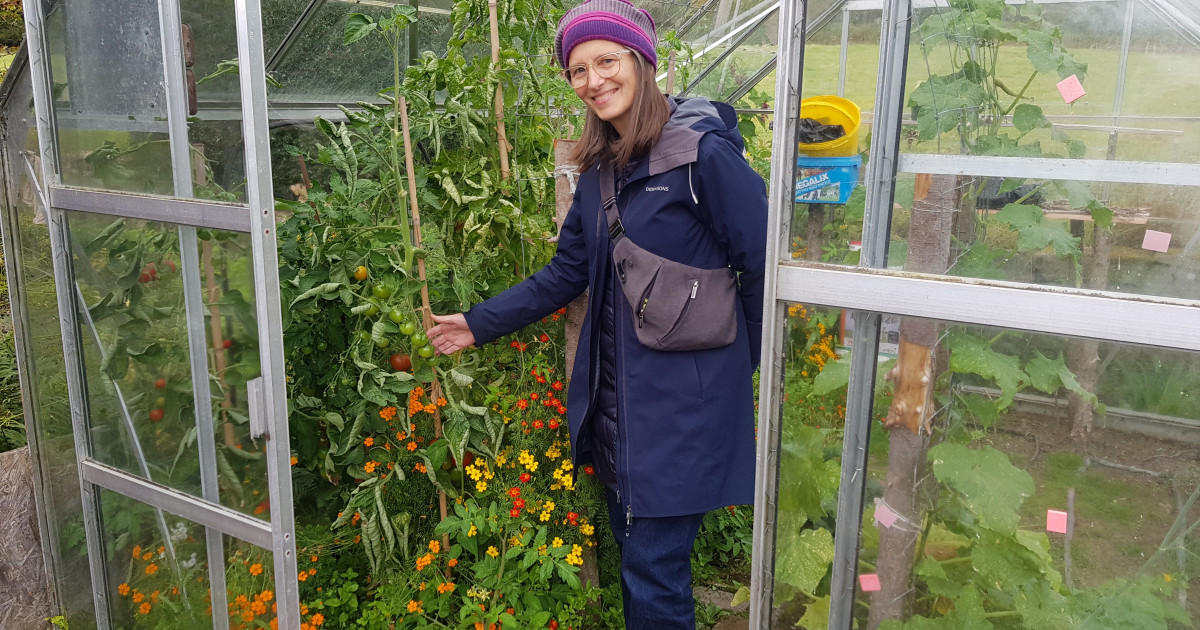Food for thought on growing thriving and healthier local economies
With the Agriculture and Rural Communities Bill going through the Scottish Parliament, we have a once in a lifetime chance to change how we support our farmers and food producers.

Constituents frequently tell me they want to buy more local fruit and vegetables, and they want to support local, small-scale growers. They recognise that this is good for food security, good for climate and nature, and good for the local economy.
But the current reality is very different. Local veg and fruit is hard to come by in the shops and certainly not in supermarkets, and when it is available it is too expensive for many to afford. At the other end of the supply chain, small-scale growers are struggling due to cost inflation. A third of agroecological growers in the UK won’t be planting this season and half of British fruit and veg farmers are at risk of going out of business.
As Scottish Green Rural Affairs spokesperson, I am working to secure more support for our valued local growers. I have discussed the delivery of several measures with Mairi Gougeon, Cabinet Secretary for Rural Affairs and Islands. These include:
-
Removal of the 3-hectare threshold that excludes small-scale growers from basic support;
-
Creation of a new market garden support scheme, including income support and capital funding for infrastructure like polytunnels, glasshouses and processing equipment;
-
A degree-level course in horticulture and business skills enabled by Scottish Funding Council to upskill the next generation of growers.
This would support growers like Jo Hunt from Knockfarrel Produce, a family-run croft in the northern Highlands. The croft feeds 220 local families with 81 types of fruit and veg, employs four people, trains two more each year, and is carbon negative by 72 tonnes thanks to planting tree and hedgerows. Knockfarrel is frequently highlighted as a successful “Good Food business”.
But now Jo, an economist turned food producer, says he is: “being squeezed out of production as a result of the current ‘greedflation’ crisis, whilst getting almost no farm subsidy for the public benefits we deliver.”
Those public benefits include good green jobs, many in rural communities, but also in urban settings where there is increasing demand for locally grown food. It would be a massive loss to our rural communities, and a huge step back in our ambition to become a Good Food Nation, if Jo and other local growers like him were to go out of business.
As Jo says: “Our customers still want our veg, our croft can still grow the food, and we still want to grow it, but under current circumstances it is no longer viable to run a business doing all this.”
It doesn’t have to be this way. With the Agriculture and Rural Communities Bill going through the Scottish Parliament, we have a once in a lifetime chance to change how we support our farmers and food producers.
Currently, half the agriculture budget goes to less than 10% of Scottish farms - the largest, wealthiest and most profitable ones – with little if any money going to small-scale growers.
Market gardens under 3 hectares in size are not eligible for the basic ‘income support’ that so many other farms and crofts rely upon. Slightly larger plots receive very little, because under the current system, the more land you have, the more public money you get.
Supporting small-scale growers would provide excellent value for money, through benefits to health, the environment, local economies, community wealth and food security. Nourish Scotland estimate that it could create up to 3,000 new jobs. It could even be done without extra demands on the public purse by redistributing farm support payments in line with social justice principles.
I’ll continue engaging with Ministers, scrutinising legislation and amplifying calls from organisations like Land Workers Alliance, Nourish Scotland, Propagate, Soil Association and Scottish Environment LINK.
With these simple, strategic interventions, we’d move much closer to the aims of the Bute House Agreement, Vision for Agriculture, Good Food Nation Act and the Local Food Strategy all at once. More importantly we’d be supporting local communities, creating green jobs and taking clear action on the climate and nature emergencies.